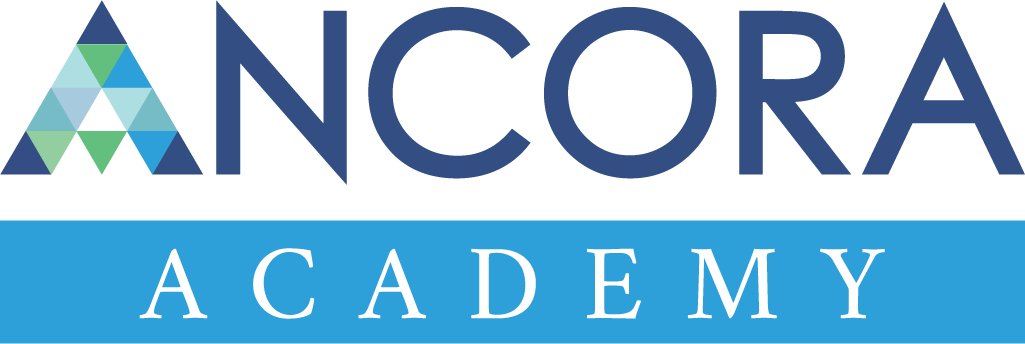CompTIA Certifications Training
Study smarter, train hands-on, and certify faster – Get CompTIA prep courses & exam vouchers to speed up your learning journey!
Explore Catalog
Top 750+ Educational Partners Who Trust Us
CompTIA Certification Paths
Pick the type of CompTIA Certification that demonstrates your skill set for your dream career.
Prepare For CompTIA Certifications
Select the best CompTIA certification course online that lays the groundwork for your career growth.
Why Choose uCertify as Your Learning Partner?
Because learning should be smart, fun, and lead you straight to success – uCertify gets it!
Award-Winning Solution
With 47 CODiE Awards, our personalized learning solutions redefine excellence.
Interactive Courses
Explore our best certification courses, packed with 50+ interactive items.
Hands-on Labs
Practice makes perfect! Our training labs let you learn by doing, not just watching.
Gamified TestPrep
Who said test prep can’t be fun? Gamify your way to certification success.
Cost-Effective Solution
Save your wallet and your time – access everything online, no installation required.
LMS Integration
Streamline your learning with SSO-powered access – because convenience is key.
Our Impact in Numbers
3M+
Satisfied Users
1000+
Interactive Courses
750+
Strategic Partnerships
Hear It From Our Customers!
Enroll, Prep & Certify!
Decorate your resume with CompTIA certification online courses and ready yourself for a brighter future, a higher salary, and greater job opportunities.
Contact Us















































_00093j.png?2601026V)



